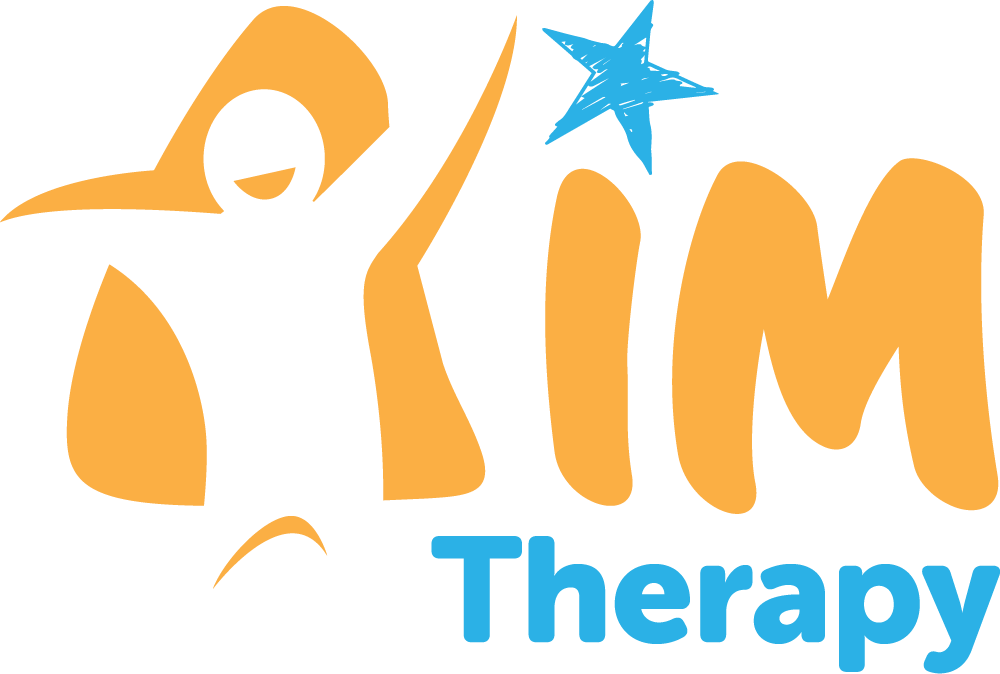AIM Therapy for Children has more than 10 years of experience providing school services to the metro Perth area including public, private, independent schools and education support schools. We recognise the value that school collaboration provides through having direct communication between the educators, families and key parties involved in a child’s support and well-being. We provide multidisciplinary support services including Occupational Therapy, Speech Pathology, Physiotherapy and Psychology. Please find below a summary of the services that can be provided at your school.
On-site Assessment and Therapy Sessions
- Our therapists can provide on-site multidisciplinary services to carry out comprehensive assessments and if required, ongoing individual or group therapy for school students.
- Services are typically paid for privately by parents, so there is no charge to the school.
- Parents, teachers and/or learning support teams receive a feedback email after every session and are kept well informed about student’s goals, recommendations and progress in sessions.
- The benefits of an on-site therapy session include:
- Minimises disruption to students who may otherwise need to leave school during school hours to attend external therapy services.
- Convenience for families – for their child to be able to attend regular therapy
sessions. - Therapists collaborate with classroom teachers and learning support teams on relevant goals.
- Ability to observe and support the child in their natural learning environment and social setting with their peers.
- Note that services can be funded under NDIS Funding, Private Health and some Medicare subsidies.
Kindy and Pre-Primary Screening Services
- Occupational Therapy and Speech Therapy screening are available for Kindergarten or Pre- Primary.
- Occupational Therapy areas screened: Postural control, gross motor skills, hand skills, bilateral skills, visual motor skills, cognitive skills.
- Speech Therapy areas screened: Semantic skills, comprehension, expressive
language, phonological awareness, speech/articulation and fluency/voice (if
required).
- School screening involves:
- Teacher and parent screening questionnaire distribution and analysis.
- Liaison with school contact/teachers prior to screening, travel to/from the school, discussion with classroom teacher, observation and screening of student performance in an individual or pairs, individual report and recommendations for each student and reviewing and collating of results.
- For more information please request our AIM Therapy School Screening Services Information Sheet
Group Programs
Our therapists are experienced in running a range of group programs that target an area of development that would benefit from a small group setting. The number of participants, duration and content can be adjusted to suit the needs of the students/school and themed to the interests of the children. Some examples of groups are:
- Kindy and Pre-Primary: Fine Motor, Kindy Readiness, Gross Motor, Social skills,
Communication or Language Groups that can be themed to the age or interest such as Bluey. - Groups Year 1 to Year 3: Literacy, Handwriting skills, Social skills groups themed to Lego or Pokemon.
- Junior Groups Year 4 to Year 6: Craft or STEM Groups, Resilience, Social skills groups themed to Harry Potter or Taylor Swift
- Teen Groups: Life Skills, High School Readiness.
In addition, we also have a range of group programs that we run at our clinics during the school term and school holidays – click here to view our group programs.
Professional Presentations and Workshops
Our team of experienced therapists can provide professional presentations, workshops and resources that are tailored to your needs and adapted to suit your intended audience; may it be for teachers, educators, learning support team or caregivers. Some examples of presentations include:
- School Services Presentation – AIM Therapy’s available therapy services, referral
information, etc. - Kindy Readiness Workshop
- Ages and Stages – Developmental Workshop
- Making Sense of the Senses – Understanding Sensory Processing and Integration
- Encouraging Fine Motor Development or Handwriting Development
- Fundamental Movement Skills
- Developing Core Strength, Balance & Coordination
- AAC Device Set up and Support
Community Events
Our team enjoy interacting with the community to provide information for schools and families to access necessary therapy services. Some examples of recent community events include:
- Source Disability Perth Expo – For Kids, Teens and Young Adults
- Transition and Additional Support Expo – North Metro Schools for families with additional needs
- Primary School or Kindy Open Days
Contact
If you would like further information about any of AIM Therapy for Children’s school services, please don’t hesitate to contact us.
